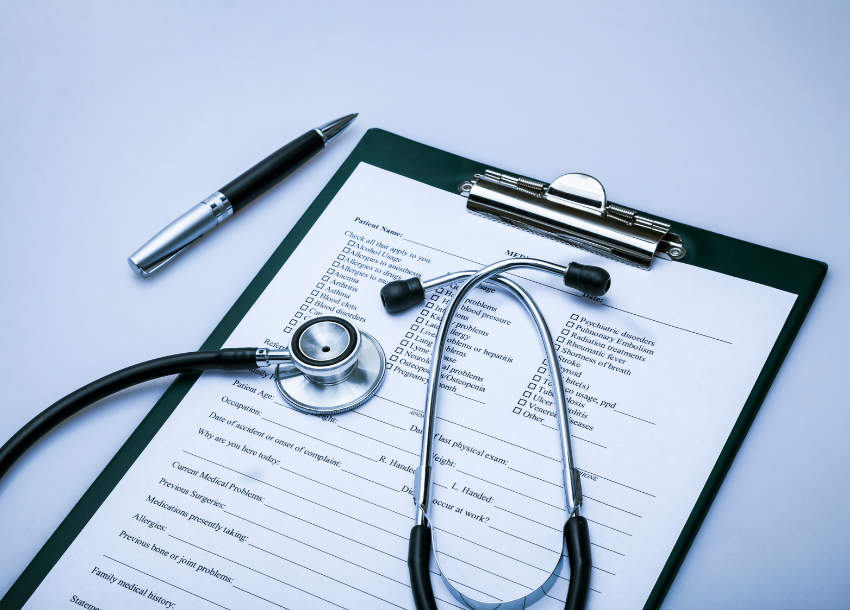Federal Enforcement Actions Against Clinical Laboratories
As in the previous fiscal year, we expect the federal government to direct much of its fraud and abuse law enforcement activities to the health care industry. The federal government has many civil, criminal, and administrative tools to address fraud and abuse against the health care industry, generally, and clinical laboratories, specifically. The most important of these tools include the False Claims Act (FCA), 31 U.S.C. §§ 3729-3733; Civil Monetary Penalties Law, 42 U.S.C. § 1320a-7a; Anti-Kickback Statute (AKS), 42 U.S.C. § 1320a-7b(b); Eliminating Kickbacks in Recovery Act (EKRA), 18 U.S.C. § 220; Physician Self-Referral Law (“Stark Law”), 42 U.S.C. § 1395nn; and Exclusion Statute, 42 U.S.C. § 1320a-7. Although this article does not cover these laws in any real detail, please refer to our Compliance for Clinical Labs with Federal Fraud and Abuse Laws video for a broad overview of clinical laboratory federal fraud and abuse laws compliance considerations.
The FCA is the federal government’s primary civil tool in combatting false claims. From October 1, 2020, through September 30, 2021, the Department of Justice’s (DOJ’s) settlements and judgments from civil cases involving false claims and fraud exceeded $5.6 billion, which is the second-largest annual total in FCA history. Approximately 90% of these settlements and judgments relate to the health care industry, which has historically been a leading source of the DOJ’s FCA settlements and judgments.
The Fraud Section of the DOJ’s Criminal Division in 2021 entered into eight corporate resolutions and brought about the conviction of 329 individuals. Approximately 62% of those convictions were prosecuted by the Health Care Fraud Unit, which is a litigating unit of the Fraud Section that operated 15 Health Care Fraud and Prescription Opioid Strike Forces in 24 federal judicial districts across the United States.
In the previous fiscal year, the federal government employed its civil, criminal, and administrative tools to address fraud and abuse against clinical laboratories, specifically. For instance, a Florida university agreed to pay $22 million to resolve claims it violated the FCA, and a Georgia genetic testing laboratory agreed to pay up to $200,000 to resolve AKS claims. Also, the DOJ brought criminal charges against several individuals for alleged misuse of information and samples to submit medically unnecessary laboratory tests for cancer genetic testing, allergy testing, and respiratory pathogen panel tests and for allegedly submitting claims to Medicare and TRICARE for laboratory testing services tainted by kickback payments.
This fiscal year, the federal government has continued its enforcement actions against clinical laboratories. Some examples follow:
- A former CEO of a defunct medical testing laboratory agreed to pay $1.1 million to resolve FCA and AKS claims. The former CEO had paid remuneration for referrals and attempted to conceal the kickbacks by describing the fees as being for marketing services.
- A clinical laboratory and two of its owners agreed to pay up to $16 million dollars to resolve fraudulent billing allegations. The clinical laboratory had regularly billed federal health care programs for medically unnecessary urine drug testing (UDT), which included billing for two types of UDT (presumptive and confirmatory) performed at approximately the same time and submitted to the health providers at the same time.
- An owner of multiple diagnostic testing laboratories received a sentence of 82 months in prison for his role in a conspiracy to defraud Medicare. The owner had conspired to pay kickbacks to a telemedicine company to arrange for doctors to authorize medically unnecessary genetic testing by exploiting a COVID-19 pandemic temporary amendment to telehealth restrictions. The Health Care Fraud Unit of the DOJ’s Criminal Division’s Fraud Section coordinated with law enforcement to bring about this result.
The Department of Health and Human Services (HHS), Office of Inspector General (OIG), also has tools to redress civil and administrative fraud and abuse cases. From October 1, 2020, through September 30, 2021, the OIG’s investigative work led to $3 billion in expected investigative recoveries and 532 criminal actions. The OIG also took civil actions, such as assessing monetary penalties, against 689 individuals and entities, and excluded 1,689 individuals and entities from Federal health care programs.
The government’s recent enforcement actions demonstrate a focus on prosecuting clinical laboratories (and their owners and/or agents) that pay alleged kickbacks to induce referrals of laboratory tests, submit claims for reimbursement of medically unnecessary laboratory tests dictated by financial considerations rather than patient care, and use access to beneficiary and medical provider information from prior laboratory testing orders to submit fraudulent claims for laboratory tests. To help minimize the risk of becoming subject to such an enforcement action, clinical laboratories should adopt, implement, and enforce robust compliance programs. Such a compliance program should include policies and procedures to ensure that any referral sources and sources of laboratory business are legally compliant such to avoid the kinds of potential civil and criminal liability described in this article.
About Maynard Nexsen
Maynard Nexsen is a full-service law firm with more than 550 attorneys in 24 offices from coast to coast across the United States. Maynard Nexsen formed in 2023 when two successful, client-centered firms combined to form a powerful national team. Maynard Nexsen’s list of clients spans a wide range of industry sectors and includes both public and private companies.





